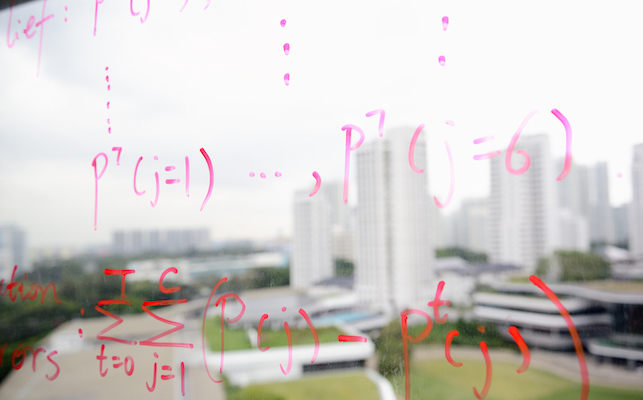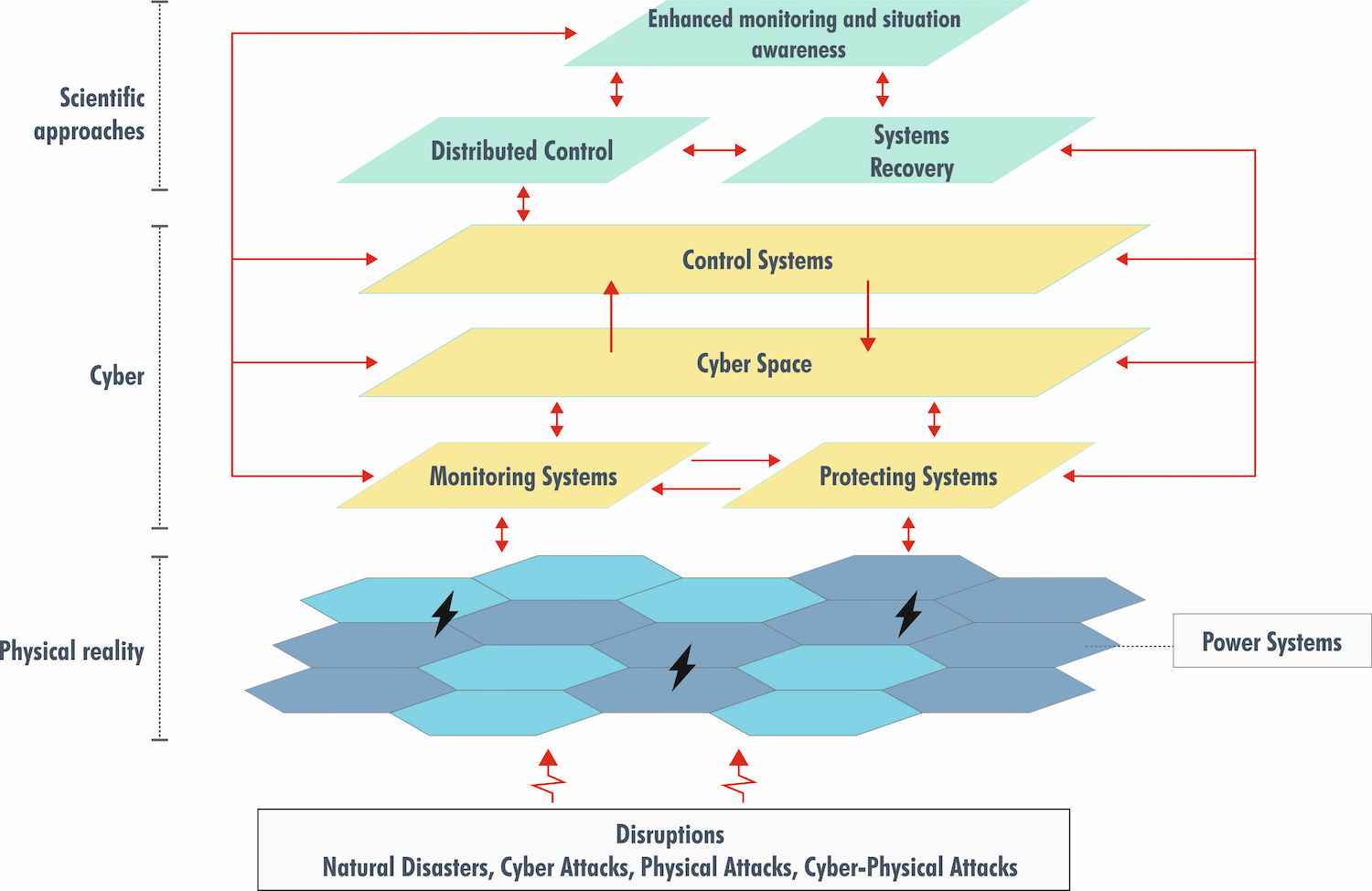Control, Detection and Recovery of Resilient Cyber-Physical Systems

Developing tools and schemes for the efficient control, fault detection and recovery of resilient cyber-physical systems.
The integration of cyber and physical systems, especially the development of distributed cyber-physical systems (CPSs), provides new opportunities and challenges in system control, monitoring, and recovery. This module will contribute to the understanding of the control, monitoring, and recovery of CPSs to provide insightful analysis and practical solutions, with the goal of enhancing CPS resilience.
The focus will be on cyber-energy systems, as well as their correlation and coupling effects with other socio-technical systems. Specifically, researchers will analyse the system's resilience against cyber-physical dependencies and malicious attacks, using the airport systems as a test case to develop CPS models. In addition, they will uncover the role of public data networks in making future CPSs more resilient.
The team will identify types of system failures, extreme events, and cyber/physical attacks that may or may not be detected using existing monitoring devices and systems, and propose novel methods to detect them. Recovery methods, such as distributed energy resources, energy storage systems, and local self-healing recovery, will be evaluated.
In designing ways to make CPS more resilient, researchers will devise approaches beyond purely operational aspects. For instance, they will develop methods to design communication and data exchange to enable a system to stay resilient and recover quickly in case of disturbances, taking into account that communication may be unreliable.

Expected outcomes
- develop an approach and implement associated algorithms, using the physical structure of a distributed electric power system as a test case to develop a control architecture with optimal efficiency and resilience, which will be validated against a specific system
- build a list of critical failures, events, and cyber/physical attacks, classified into disruptions that can or cannot be detected by existing monitoring devices, and develop novel methods to detect them
- develop algorithms and schemes for the recovery of interdependent cyber-energy systems with and without DER, TESS, and to promote local self-healing abilities
- develop models to evaluate the impact of unreliable communication systems and cyberattacks
